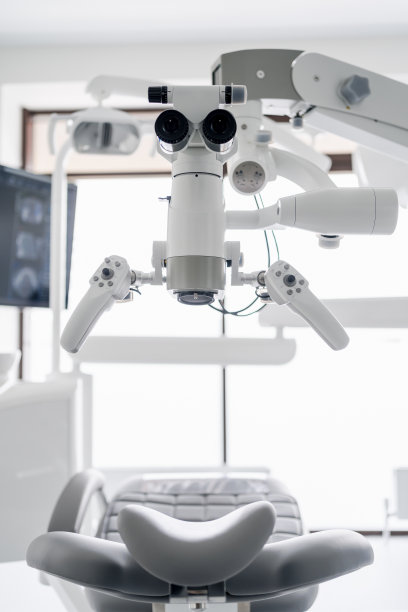Understanding the Essential Process and Care Involved in Extracting a Tooth for Optimal Dental Health
Summary: Extracting a tooth is a critical procedure in dental health that requires a comprehensive understanding of its process and necessary care. This article outlines the essential steps involved in tooth extraction, the post-operative care required, reasons for extraction, and the importance of consulting dental professionals. By grasping these elements, patients can better prepare for a tooth extraction and promote optimal recovery, ultimately safeguarding their dental health.
1. The Process of Tooth Extraction Explained

Tooth extraction begins with a thorough examination by a dental professional, who assesses the tooths condition and discusses the reasons for extraction. X-rays may be taken to gain a clear view of the tooth and its roots, which aids in planning the procedure effectively. This initial evaluation is crucial in determining if the extraction is necessary and planning accordingly.
Once the examination is done, the next step involves preparing the patient for the actual extraction. This preparation includes administering local anesthesia to numb the area around the tooth, ensuring the patient feels no pain during the procedure. In some cases, sedation may be recommended to help patients feel more relaxed and comfortable.
The extraction itself typically follows one of two methods: a simple extraction or a surgical extraction. A simple extraction is performed on visible teeth and involves loosening the tooth with special instruments before removing it. In contrast, surgical extraction is required for teeth that are broken below the gum line or have not erupted yet, and it often involves incisions in the gum.
2. Essential Post-Extraction Care Guidelines
After a tooth has been extracted, proper post-operative care is crucial for healing and preventing complications. Initially, patients should apply gentle pressure with gauze to the extraction site for about 30 minutes to help control bleeding. Swelling and discomfort are common; hence, ice packs can be applied to the outside of the face for the first 24 hours to alleviate these symptoms.
A clear understanding of dietary restrictions is also important following an extraction. Patients should stick to soft foods and avoid hot, spicy, or chewy items that could irritate the extraction site. Staying hydrated is essential, but it is advisable to avoid straws, as sucking can dislodge the blood clot that forms in the socket.
Its also beneficial for patients to keep their head elevated while resting or sleeping to reduce swelling. Moreover, following any prescribed medications, such as pain relievers or antibiotics, is vital in minimizing discomfort and preventing infection.
3. Common Reasons for Tooth Extractions
There are several reasons why a tooth may need to be extracted. One of the primary reasons is severe tooth decay that has compromised the tooths structure beyond repair. In these cases, extraction may be the only option to relieve pain and prevent further infection.
Another common reason for an extraction is to make space for orthodontic treatment. When there is overcrowding in the mouth, certain teeth may need to be removed to allow for proper alignment. This is particularly common in teenagers who are undergoing braces treatment.
Additionally, wisdom teeth often require extraction, especially when they become impacted, leading to pain and potential dental issues. Since wisdom teeth typically erupt later in life, they can disrupt the alignment of existing teeth, necessitating their removal for better dental health.
4. Importance of Consulting a Dentist
Consulting a dentist before undergoing a tooth extraction is essential for assessing overall dental health and determining the necessity of the procedure. A qualified dentist can provide professional advice on whether extraction is the best option or if alternatives, such as root canals, are available.
Moreover, a dentist will ensure that all pre-operative procedures, such as X-rays and assessments of medical history, are performed. This thorough evaluation can prevent complications during and after the extraction, ensuring a smooth recovery process for the patient.
Finally, dental professionals are equipped to provide aftercare instructions and monitor the healing process. Regular follow-ups can help detect any complications early on, making it easier to manage them and ensure optimal recovery.
Summary: Understanding the process involved in tooth extraction and the necessary care can significantly impact dental health. By adhering to the guidelines outlined for the extraction process, post-operative care, and consulting a dental professional, patients can enhance their recovery and maintain better oral health. Educating oneself about these aspects equips patients with the right tools for addressing their dental needs proactively.
This article is compiled by Vickong Dental and the content is for reference only.



